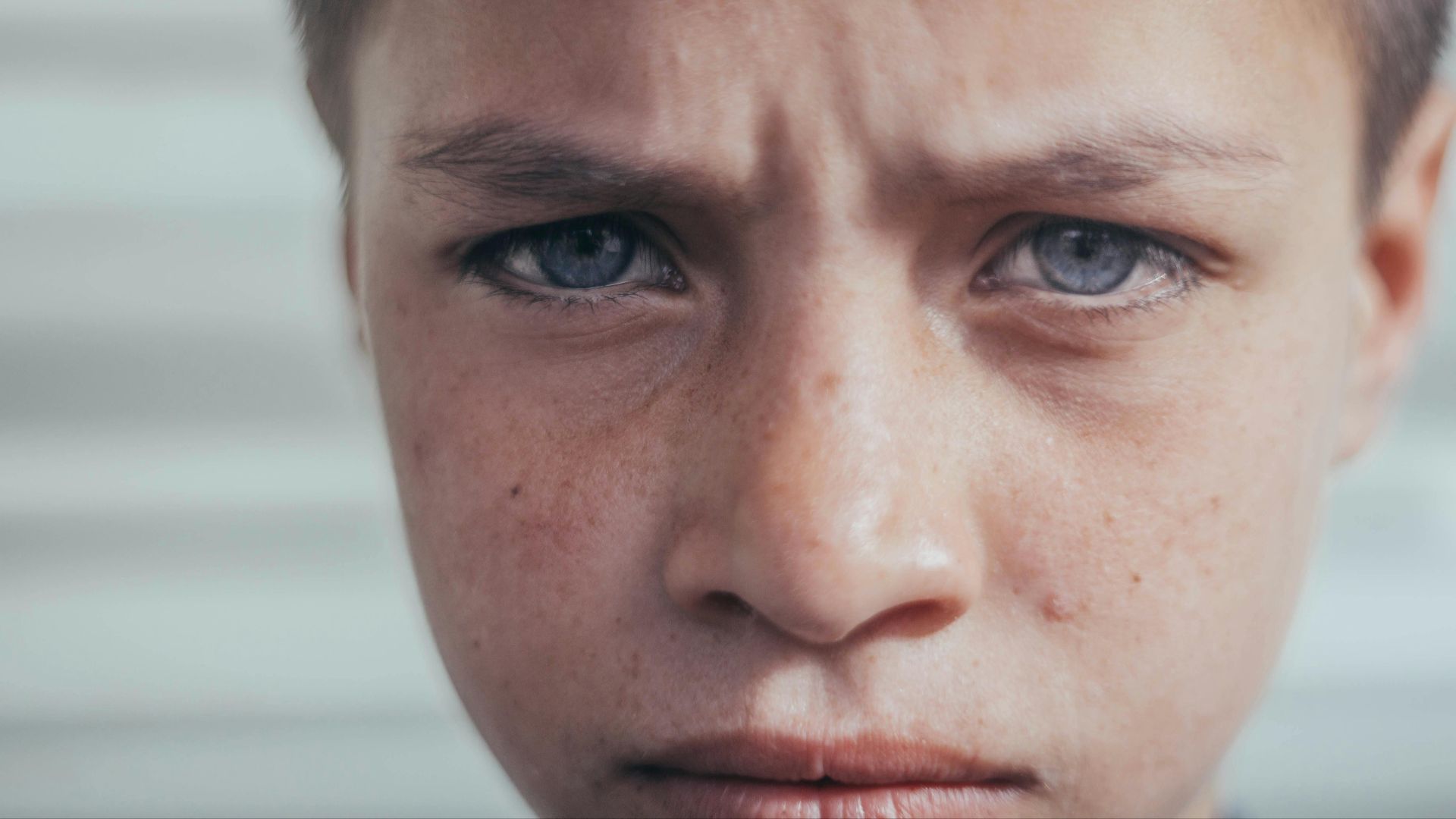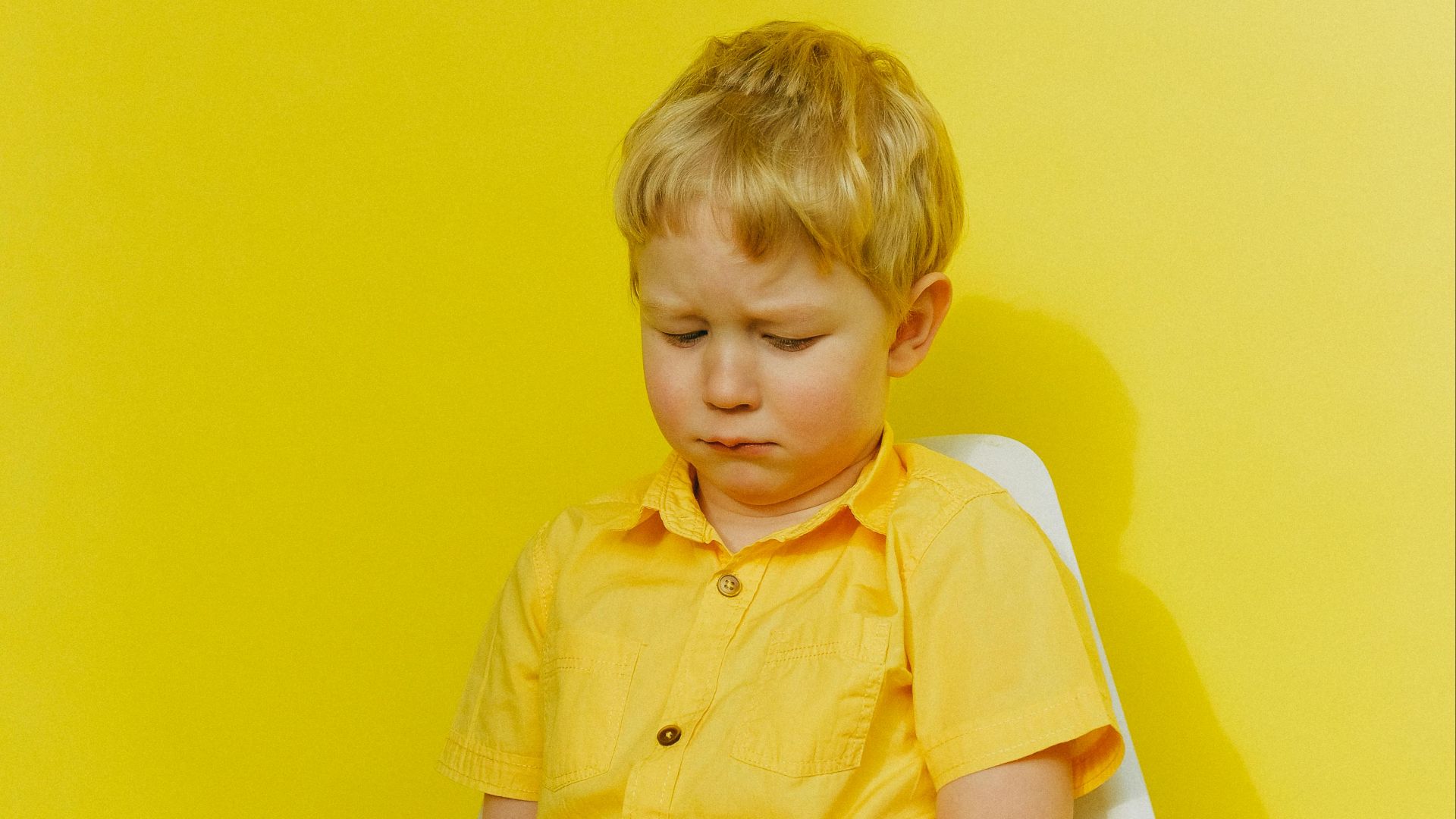When your five-year-old scribbles something vaguely resembling a dinosaur, it’s a challenge not to suddenly start gushing over them like they've just painted the Sistine Chapel. It feels good—natural, even. The thing is, while the instinct to heap praise on our children comes from a place of love, it might be doing more harm than we realize. Research over the past two decades has started to paint a concerning picture about what happens when kids grow up marinating in constant, indiscriminate approval.
The Praise Paradox: Why "Good Job" Stops Working
Psychologist Carol Dweck's research at Stanford revealed something counterintuitive: children praised for being "smart" actually performed worse on subsequent tasks than those praised for their effort. When we tell kids they're brilliant for everything they do, we're accidentally teaching them that ability is innate.
A child who believes their intelligence is just this static thing they were born with has no reason to struggle through difficult problems. Struggling means they're not naturally smart, and that threatens their entire identity. Rather than risk failure, they quit or choose easier tasks. They develop what Dweck calls a "fixed mindset” that follows them through their every decision.
The kids praised for effort learn that working hard makes you better, that struggle is part of growth. When they hit obstacles, they learn to double down rather than admit defeat.
The Self-Esteem Movement's Unintended Consequences
The 1980s and 90s saw this massive cultural shift toward protecting children's self-esteem at all costs. Participation trophies became ubiquitous. Teachers started avoiding red pens because they seemed too harsh. Every child was special, talented, destined for greatness.
Except here's what nobody predicted: young adults who'd grown up in this environment started hitting the workforce completely unprepared for criticism. A 2017 study in the Journal of Child Development found that individuals who received excessive praise as children struggled significantly more with feedback and failure as adults. They'd never built up that psychological muscle memory for handling disappointment. Their first real setback was devastating.
When Praise Becomes a Drug
Children are remarkably attuned to patterns. When praise flows constantly and indiscriminately, they learn to work for the praise itself rather than for any internal satisfaction. It becomes transactional. External validation replaces intrinsic motivation, and suddenly you've got a kid who won't do anything unless there's applause waiting at the finish line.
Psychologists call this "praise dependency," and it's surprisingly common. These children grow anxious when praise doesn't arrive on schedule. They become risk-averse because trying something new means potentially not excelling immediately—and that means no praise.
The Entitlement Effect
There's a darker side to this, one that's harder to talk about without sounding like you're blaming parents for loving their kids. Constant, unearned praise can breed entitlement. When children receive accolades for mediocre work or basic expectations, they start believing they deserve recognition just for showing up.
Research from Ohio State University found that children who were overvalued by parents were more likely to develop narcissistic traits. They rated themselves as superior to peers, expected preferential treatment, and handled criticism poorly. The study followed kids for 18 months and watched these patterns solidify over time.
This shows up in small ways at first, but then it metastasizes into adults who genuinely cannot understand why the world doesn't recognize their inherent specialness.
What Helps Instead
So what do we do instead? Praise the process, not the person. Telling your child that they worked really hard on a project trumps telling them they’re so talented every single time. Point out the effort and the persistence. Also, allow your children to struggle sometimes, and resist the urge to helicopter in and solve every problem.
Kids can handle more honesty than we give them credit for. They know when praise is hollow, when it's been given just because we think we're supposed to. Real accomplishment feels different from manufactured validation. We need to trust them enough to let them experience both and learn to tell the difference.










